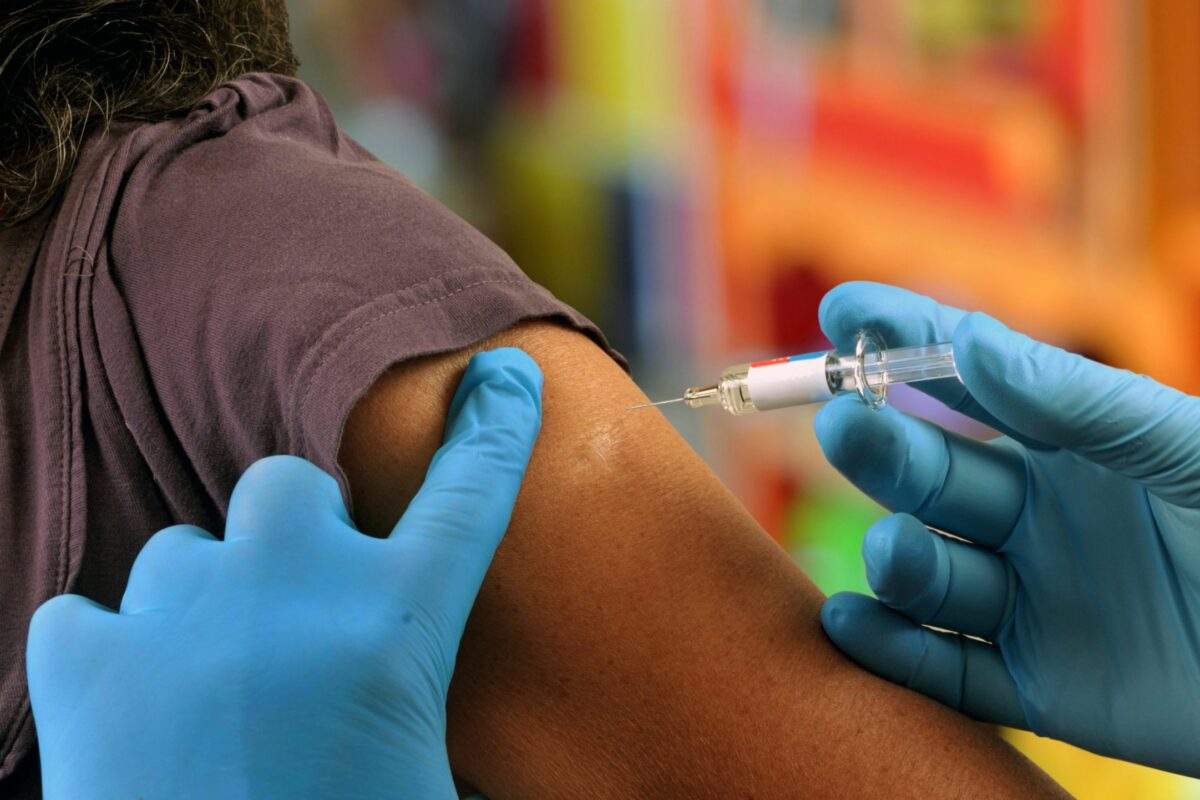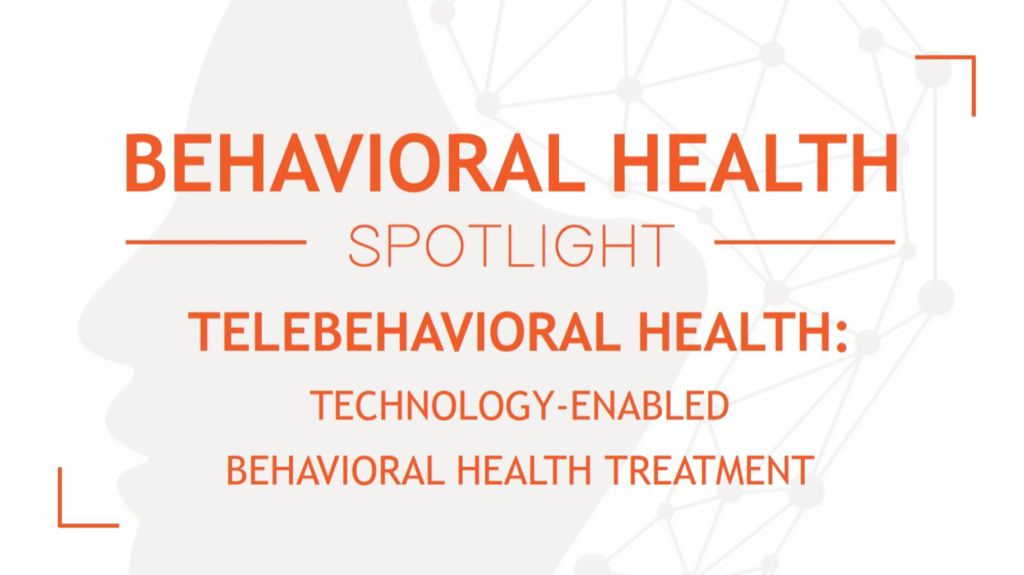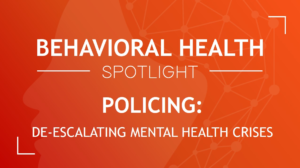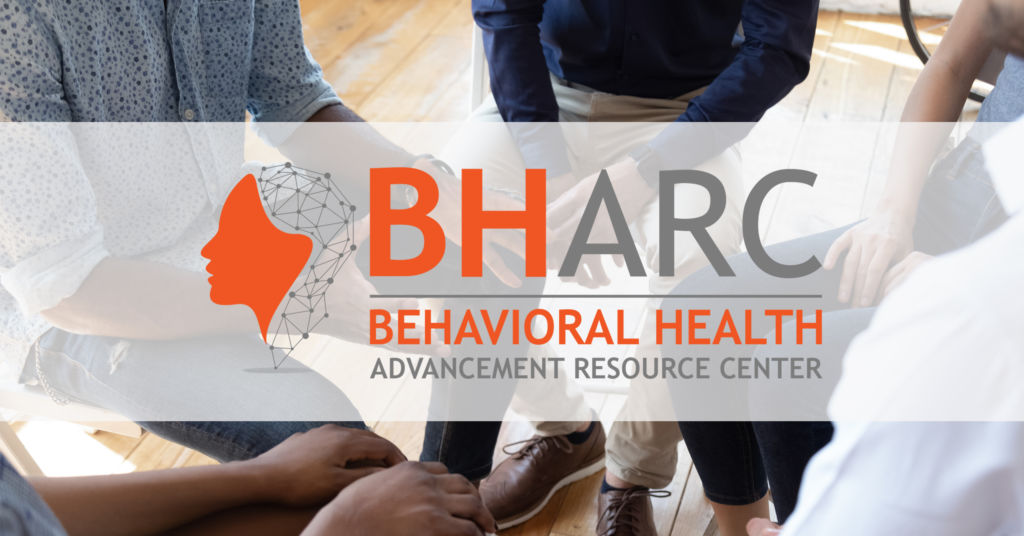Vaccination Success
Since 1796, when the first successful vaccine for smallpox helped reduce its spread, vaccines have been successfully developed and employed to diminish or eliminate highly infectious diseases [1]https://www.who.int/news-room/feature-stories/detail/smallpox-vaccines#:~:text=The%20smallpox%20vaccine%2C%20 introduced%20by,protected%20against%20 inoculated%20variola%20virus. The World Health Organization (WHO) reports that the number of children worldwide receiving essential vaccines has increased from 20 percent to 86 percent since 1980 [2]https://www.who.int/news-room/feature-stories/detail/the-vaccines-success-story-gives-us-hope-for-the-future. These efforts have protected communities against the spread of many infectious diseases. Despite the long history of successful vaccine development and use, many people struggle to trust that the current COVID-19 vaccines, derived from more than 20 years of research, are safe and effective. Yet, as Dr. Anton C. Bizzell, CEO of the Bizzell Group, notes in this Psychology Today vaccine article, “Widespread inoculation against COVID-19 will not only slow and eventually stop the spread of this deadly disease. It will begin our mental healing, raising the spirits of our country and our world from more than a year of fear, uncertainty, grief, and isolation.” Building trust in the COVID-19 vaccines and expanding vaccine access to the hardest hit areas and those with low vaccination rates are crucial strategies for stopping the spread.
READ MORE: Vaccination Success





